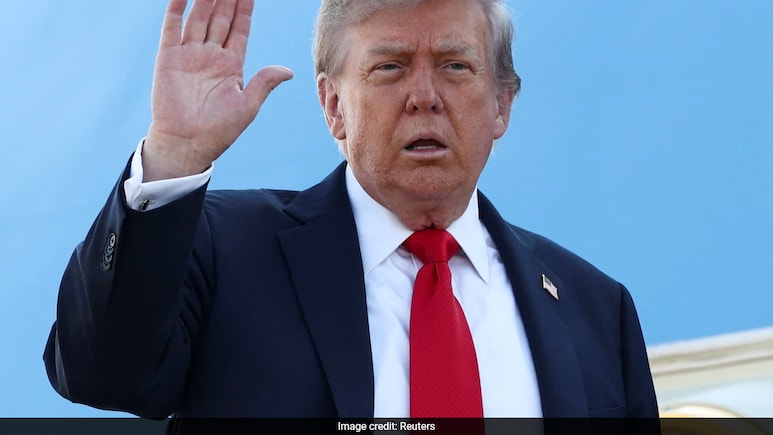
- Donald Trump seeks to ban mail-in ballots in federal elections starting 2026 midterms
- Only states and Congress can regulate elections, limiting Trump's unilateral authority
- Republican state legislatures could ban mail-in voting if laws do not conflict federally
US President Donald Trump wants to ban mail-in ballots in federal elections, a form of voting popular with many Americans. About three in 10 ballots were cast through the mail in the 2024 general election, according to the US Election Assistance Commission.
Trump, a Republican, does not have clear legal authority to do this, though his allies in Congress and state governments could enact policies barring the practice.
Here is a look at Trump's authority and how the law could be changed.
Can Trump unilaterally ban mail-in ballots?
Only states and the US Congress can pass laws regulating elections. A unilateral ban by the president on mail-in ballots would likely exceed Trump's limited authority to enforce existing law.
In a Monday social media post, Trump said mail-in ballots are susceptible to fraud and that he would lead a movement to ban them, beginning with an executive order bringing "honesty" to the November 2026 midterm elections.
Republicans have filed scores of lawsuits seeking to end mail-in voting in recent years, citing possible fraud. Democrats generally support mail-in ballots as a way to expand access to voting.
Voter fraud in the US is extremely rare, multiple studies have shown.
White House representatives provided a general statement about Trump's election policies but did not answer questions about his legal authority to ban mail-in ballots or what an executive order would say.
Could Trump's allies ban mail-in ballots?
States are responsible for administering their votes under the US Constitution, and Republican-controlled legislatures could pass laws banning mail-in ballots so long as they do not conflict with federal law.
Congress could ban the use of mail-in ballots in federal elections and override state laws protecting their use, but Trump's Republican Party has slim majorities in Congress and would face difficulty getting past opposition by Democrats.
Republicans hold 53 Senate seats. To pass a mail-in ballot ban they would need to end the filibuster, a longstanding tradition requiring 60 of the chamber's 100 members to approve most legislation.
State and federal laws banning mail-in voting could be challenged in court as unconstitutional impediments to voting.
What other powers do presidents have over elections?
Presidents in the US have some discretion in enforcing election laws, and Trump could try to use those powers to end or restrict mail-in voting, though it is unclear how.
In June, a federal judge blocked parts of an executive order by Trump requiring voters to prove they are US citizens and attempting to prevent states from counting mail-in ballots received after Election Day. The Trump administration is appealing.
"The Constitution does not grant the president any specific powers over elections," said US District Judge Denise Casper, an appointee of Democratic President Barack Obama.
(Except for the headline, this story has not been edited by NDTV staff and is published from a syndicated feed.)
Track Latest News Live on NDTV.com and get news updates from India and around the world

